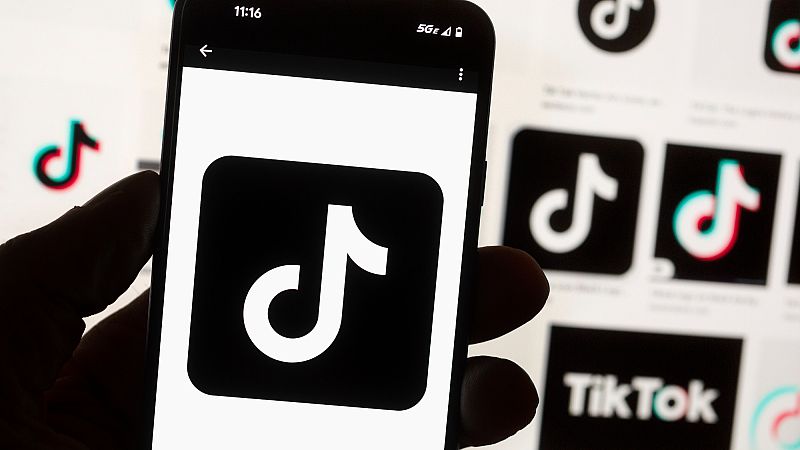Trump extends TikTok shutdown deadline for fourth time after reaching framework deal with China

US President Donald Trump extended the TikTok shutdown until December 16, so American and Chinese officials can finalise a deal.
Trump's executive order, signed Tuesday, is the fourth time the president has bypassed federal law that mandates Chinese parent company ByteDance sell its American assets or face a ban.
The original deadline was January 19 this year, the day before Trump took office for his second term.
The news comes after Trump suggested the framework deal was reached between American and Chinese authorities. A conversation with Chinese President Xi Jinping on Friday is supposed to iron out the details.
“I hate to see value like that thrown out the window,” Trump said as he departed the White House, with his wife, first lady Melania Trump, for a state visit to the United Kingdom.
It has since been reported by public broadcaster CBS that Oracle could be part of a consortium of firms that would purchase the social media. CNN said other shareholders that could own a roughly 80 per cent stake in TikTok could include venture capital firm Andreessen Horowitz and global equity firm Silver Lake.
The new consortium would be operated by a majority-US board including a member from the Trump administration, according to CNN.
Chinese officials also told the Financial Post the framework includes licensing the Chinese algorithm, intellectual property rights and that ByteDance would entrust the operation of the app's US user data and content security.
The framework came out of a meeting in Madrid that concluded Monday between U.S. Treasury Secretary Scott Bessent and Chinese Vice Premier He Lifeng, among other officials.
Bessent told reporters that the goal was to switch TikTok's assets to US ownership for its operations in America, though he declined to discuss the details of the framework.
The US president warmed to TikTok and the prospect of keeping it alive under the belief that it helped him to win younger voters in the 2024 presidential election.
Still, the law mandating its sale in the U.S. was premised on the possible security risks the app poses in its collection of data.
Today

